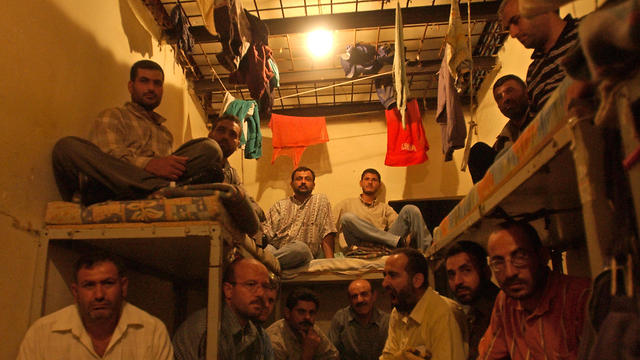Getting your Trinity Audio player ready...
A Lebanese judge on Monday postponed the questioning of a Lebanese-American who confessed he'd worked for Israel during its occupation of Lebanon, state-run National News Agency reported.
The agency said that because Amer Fakhoury is undergoing chemotherapy treatment for cancer, the investigative judge's questioning session will be postponed until Feb. 17.
Fakhoury's family said doctors have told them his condition is life-threatening. In addition to an infection and a bleeding disorder, doctors believe he's developed an aggressive form of lymphoma.
Fakhoury was detained after returning to his native Lebanon from the U.S. in September.
He had worked as a senior warden at the Khiam Prison in southern Lebanon. It was run by an Israeli-backed militia, known as the South Lebanon Army until Israel ended its 18-year occupation of the area in 2000.
The two countries technically remain at war. Several former inmates at Khiam Prison filed a lawsuit against Fakhoury after he returned to Lebanon, blaming him for cases of torture.
Human rights groups have said in the past that Khiam prison was a site of torture and detention without trial before it was abandoned following the Israeli withdrawal. Israel denies the allegations.
Hundreds of former Lebanese members of the SLA militia had fled to Israel, fearing reprisals if they remained in Lebanon. Others stayed and faced trial, receiving lenient sentences.



